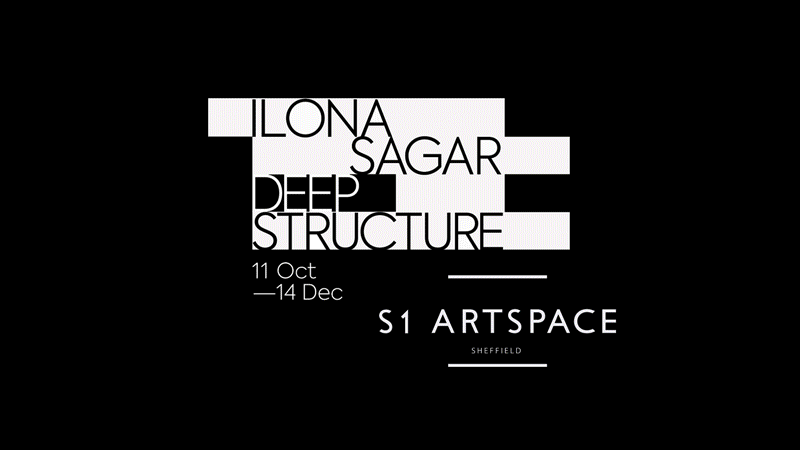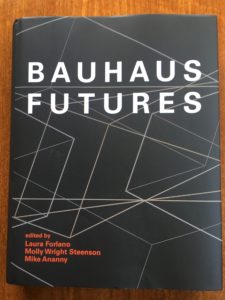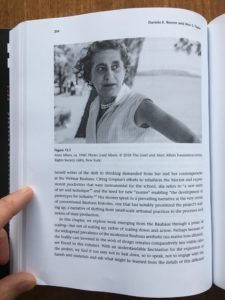Very excited to see the *Feminisms in Design* issue of @interactionsMag hitting the shelves. Thoughtful conversations from scholars like Mayar El Bakry, Anita Say Chan, Shaowen Bardzell, Alex Ahmed, Maryam Mustafa, @gleemie, @nehakumar and @ChSaiShruthi.https://t.co/Su0W5ips6H pic.twitter.com/Jlb1x4280P
— Alex Taylor (@alxndrt) November 5, 2020



